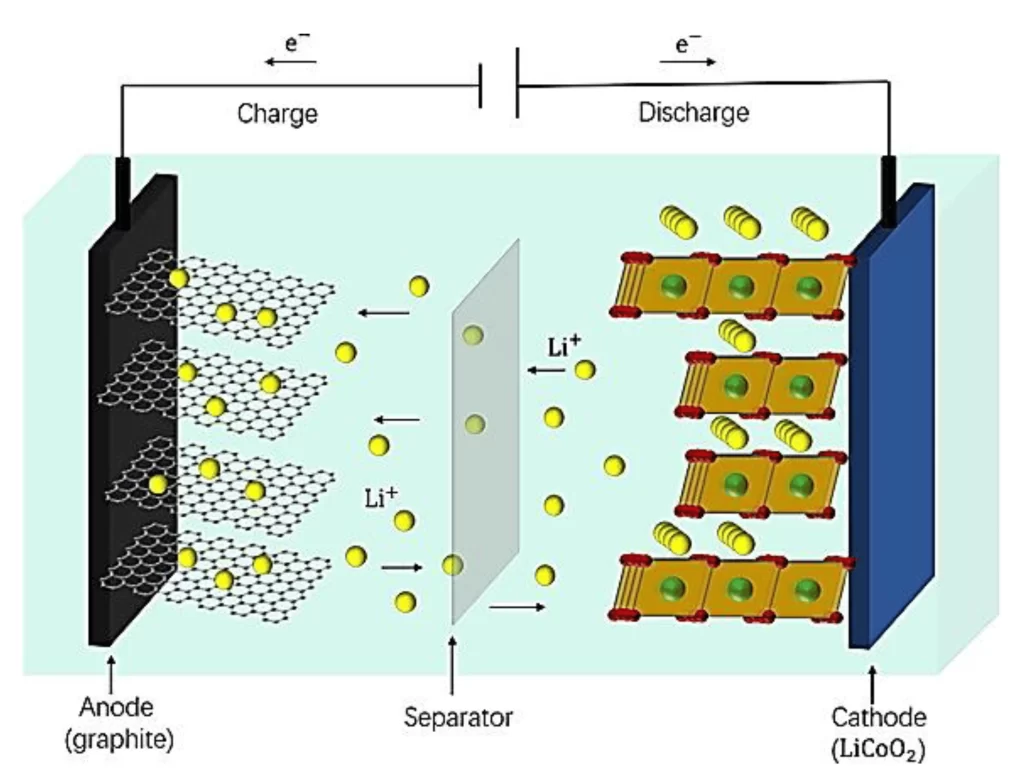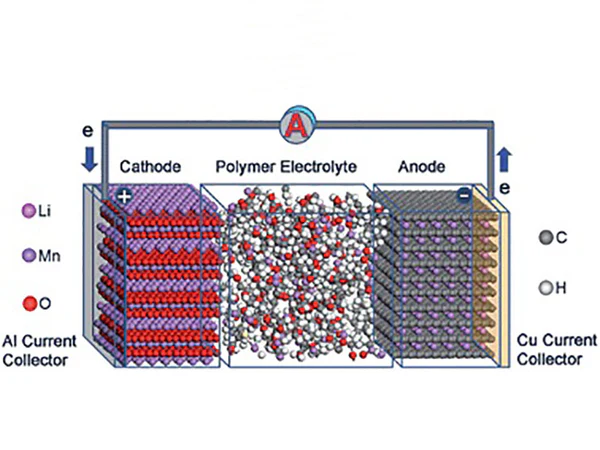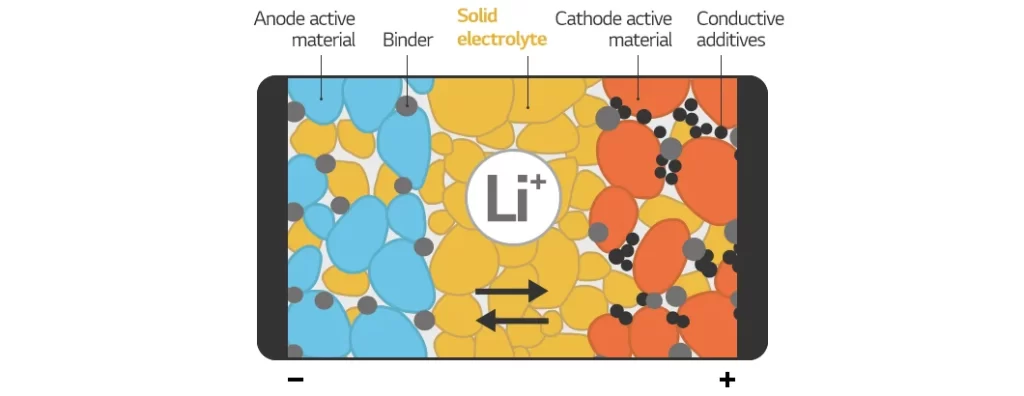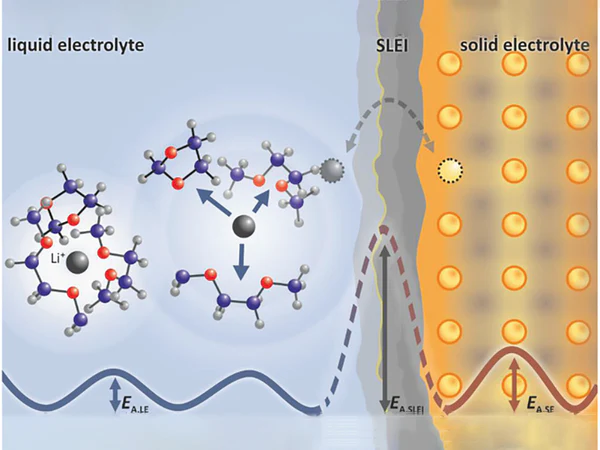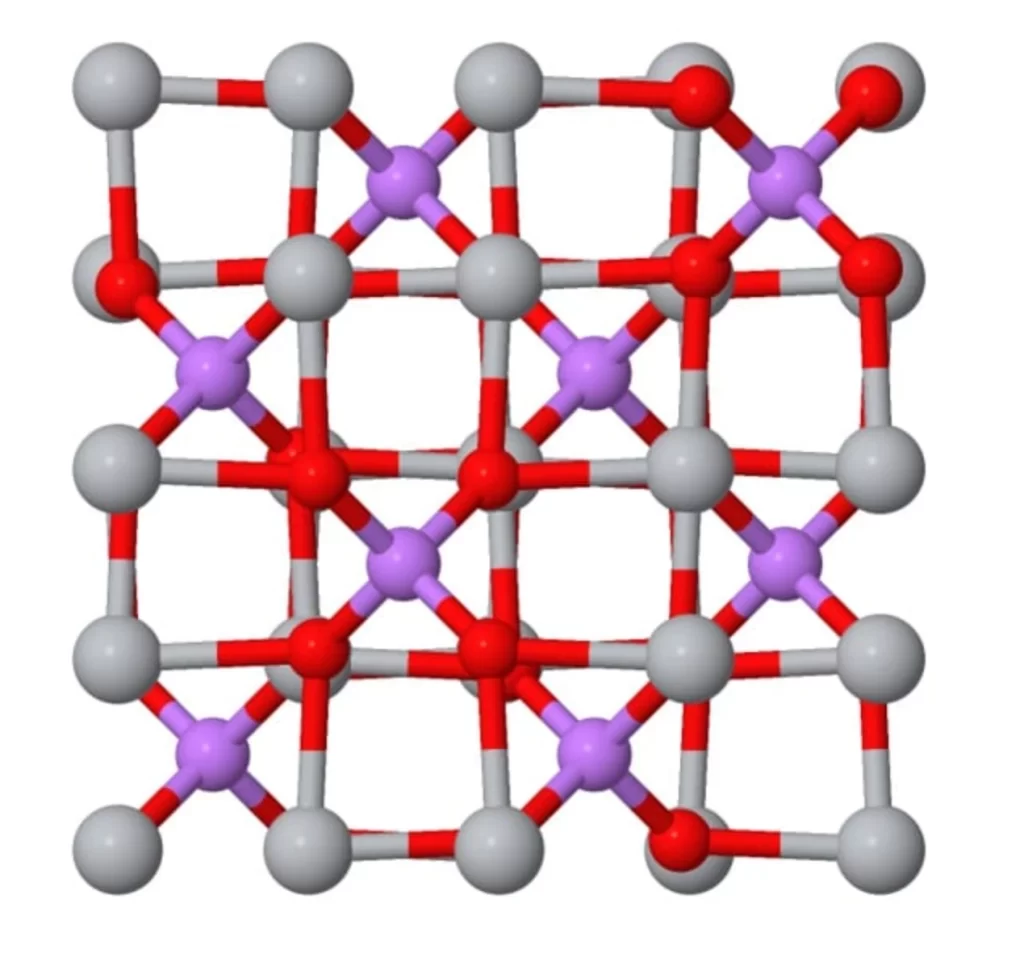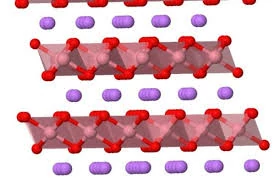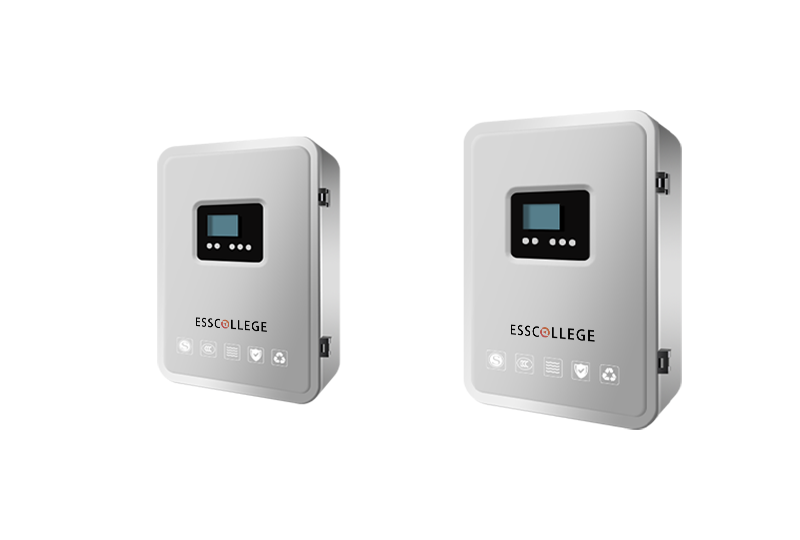Isolation film material of EPS cell monomer: polymer In the EPS battery cell, the isolation membrane is one of the key components, its main role is to separate the positive and negative electrodes of the battery to prevent short circuit, while allowing lithium ions to pass through to complete the charge and discharge process. The application of polymer materials in…

